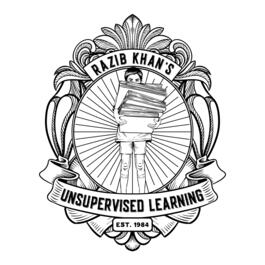
Zineb Riboua: realism in foreign policy in 2025
Today on Unsupervised Learning Razib talks to Zineb Riboua, a research fellow and program manager of Hudson Institute’s Center for Peace and Security in the Middle East. She specializes in Chinese and Russian involvement in the Middle East, the Sahel, and North Africa, great power competition in the region, and Israeli-Arab relations. Riboua’s pieces and commentary have appeared in the Wall Street Journal, Foreign Policy, the National Interest, the Jerusalem Post and Tablet among other outlets. She holds a master’s of public policy from the McCourt School of Public Policy at Georgetown University. She did her undergraduate studies in France, where she attended French preparatory classes and HEC Paris’ Grande Ecole program. Her Substack is Beyond the Ideological. Razib and Riboua discuss the Trump administration’s theory of tariffs as a tool of foreign policy and his attitudes toward multilateral diplomacy. They explore whether any principle beyond power and dominance underlies the current administration’s approach, and consider the role of principles and values in foreign policy. Riboua elaborates a realist perspective in line with the thinking of Henry Kissinger. States have interests and abilities to execute on those interests; idealism is secondary. Riboua also discusses the fact that Trump seems attuned to how foreign politicians relate to the American domestic scene. He seems willing to punish those abroad whom he perceives to be favorable to his political enemies and reward those who are personally favorable toward him. Razib then asks Riboua about the geopolitics of her native Morocco, a relatively stable monarchy on northwest Africa’s edge that has promoted moderate Islam, a good relationship with Europe and maintained a stable democracy.
From "Razib Khan's Unsupervised Learning"


Comments
Add comment Feedback